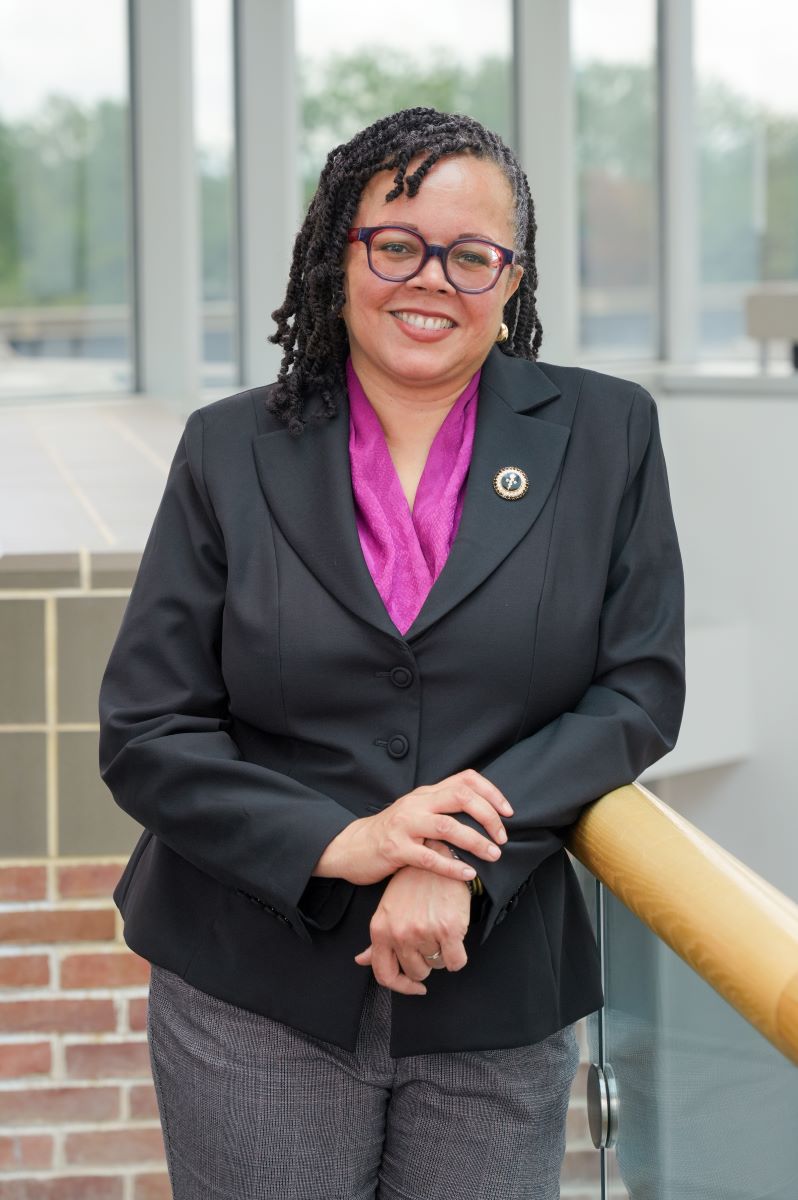Federal grant expected to help ease shortage of primary care doctors in NJ
Federal grant expected to help ease shortage of primary care doctors in NJ

Like much of the United States, New Jersey faces a shortage of primary care physicians, with a concentration of only 17 physicians per 100,000 people, according to a 2024 study by the New Jersey Health Care Quality Institute. The shortage affects some areas more than others, primarily those that are rural and home to communities of migrant workers. This causes vulnerable patients to face longer wait times and travel, worse flexibility in payment and insurance, and other negative impacts that make health care less accessible for some populations.
With a new three-year, $3.9 million grant from the Health Resources and Services Administration (HRSA), Dr. Millicent Channell, vice dean of academic affairs and student services at Rowan-Virtua School of Osteopathic Medicine (SOM), and her team will work to increase participation in primary care—pediatrics, internal and family medicine—in New Jersey, particularly in rural and underserved areas.
“We want to encourage people to meet the mission of primary care: forming long-term relationships with patients, preventing them from developing chronic diseases, and keeping them from getting into acute crises with any chronic conditions they may have,” Channell said.
“Every family in South Jersey deserves access to high-quality, affordable healthcare and that starts with investing in our primary care physicians,” said U.S. Rep. Donald Norcross. “This federal grant provides scholarships and training to New Jersey students, preparing them to serve our communities. By investing in local students and connecting them with real-world experiences, we’re investing in the future of medicine in South Jersey.”
Alongside collaborators Dr. Michelle Tartaglia, assistant dean for clinical education, and Dr. Jennifer Fischer, assistant dean for pre-clerkship curriculum, Channell is developing Pathways to Primary Care, a series of initiatives aimed at educating both undergraduate and Rowan-Virtua SOM medical students about what it’s like to work in primary care, reducing the debt burden of students who have demonstrated an interest in the field, and providing students with experience working in underserved areas through a new mobile Osteopathic Manipulative Medicine (OMM) clinic.
The funding, which began in fall 2024 and continues through June 2027, supports students “from the college level through the residence level,” Channell said. It provides scholarships that cover half of in-state tuition for first-, second- and third-year medical students with a demonstrated interest in and commitment to family medicine, with a preference for students coming from underserved areas.
Fifty-four students will receive scholarship funding. The grant will also support summer research projects for first-year students, MCAT preparation for undergraduate students interested in studying medicine, and other academic support, as well as the development of a 3+3 program to allow students to complete medical school in three years, rather than the usual four, before beginning their years of residency.
“One of the reasons that people say they don't go into primary care is because of their student loan burden, coupled with the lower pay of primary care doctors compared to specialists,” Channell said. “If we can decrease that burden, we can hopefully eliminate part of that obstacle that keeps people from looking at a career in primary care.”
As part of the scholarship, students must attend regular seminars led by local primary care clinicians, open to the entire Rowan-Virtua SOM community, where they can learn more about the career path and ask questions in an open forum. In addition, first- and second-year students must shadow primary care practitioners, and third-year students must complete rotations in primary care settings.
It’s all part of an effort to have students see the benefits of primary care firsthand and develop relationships with local communities, Channell said.
“Having them rotate with partners who are in underserved areas helps students feel a connection to these communities as part of their training,” she said. “That's part of what we hope will help them to stay in New Jersey and serve these areas.”
The mobile OMM clinic, newly developed as part of Pathways to Primary Care and building off of SOM’s existing student-run OMM clinic, will bring students directly into the communities and regions where primary care is most desperately needed in order to administer general exams and treat conditions like musculoskeletal injury.
The project builds on Channell’s career of advocating for the rewards of primary medicine, where doctors can form long, meaningful relationships with patients and their families. That goes doubly so in osteopathic medicine, where clinicians focus on a patient’s mind, body and spirit. By educating students as to the benefits of the career, recruiting from underserved areas and reducing the debt burden, she hopes that these future physicians will feel empowered to pursue a career in primary care and develop a firsthand appreciation of just how rewarding those relationships can be.
“That's the best part, to be let into the most intimate areas of people's lives and help them hopefully have a better life,” she said.